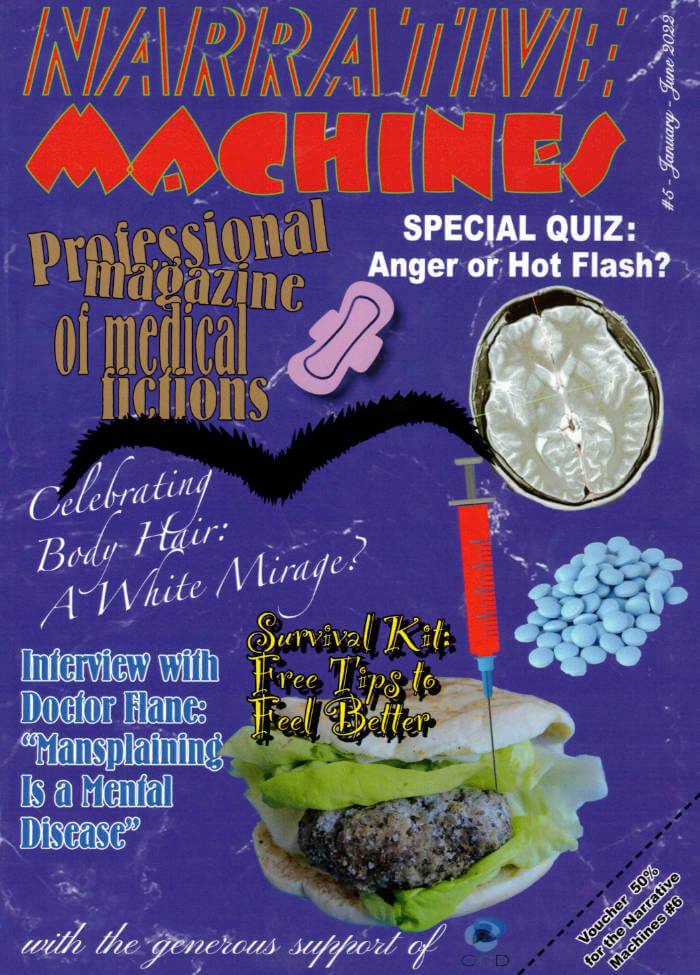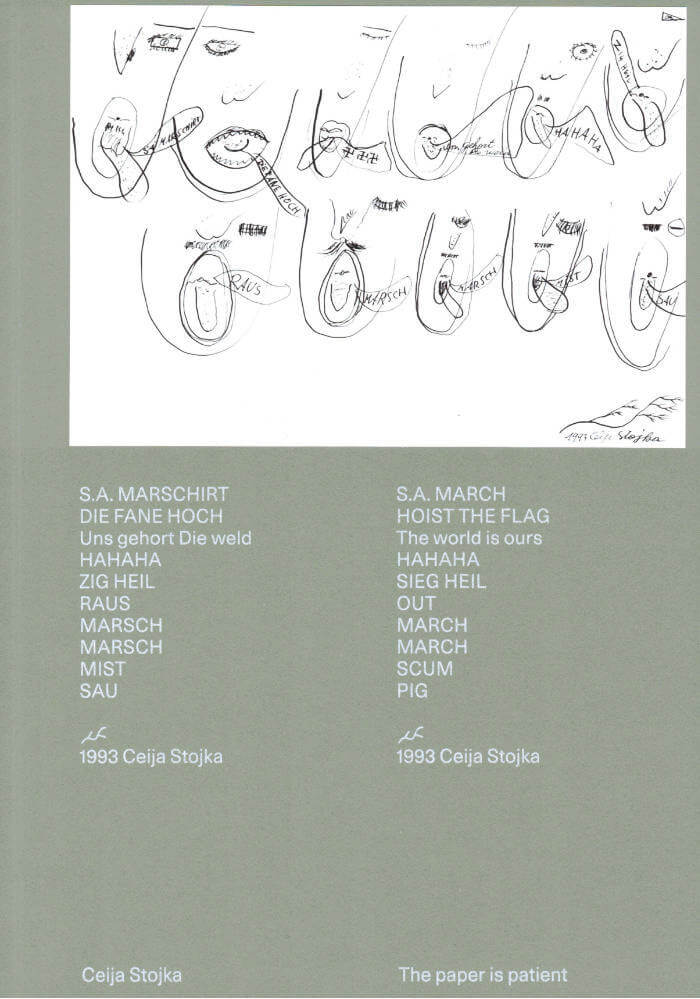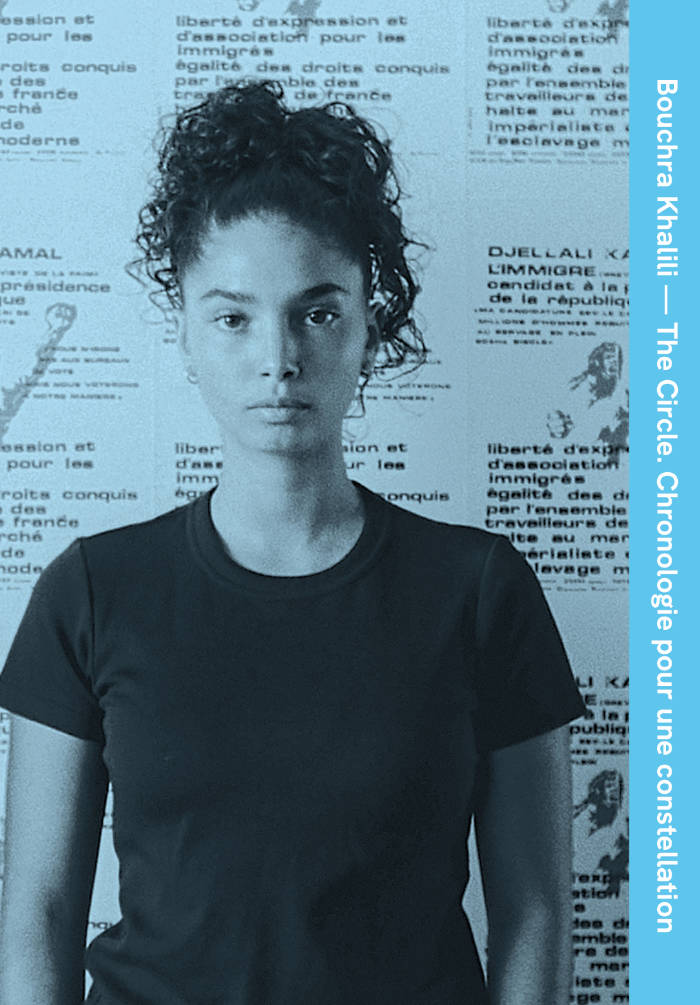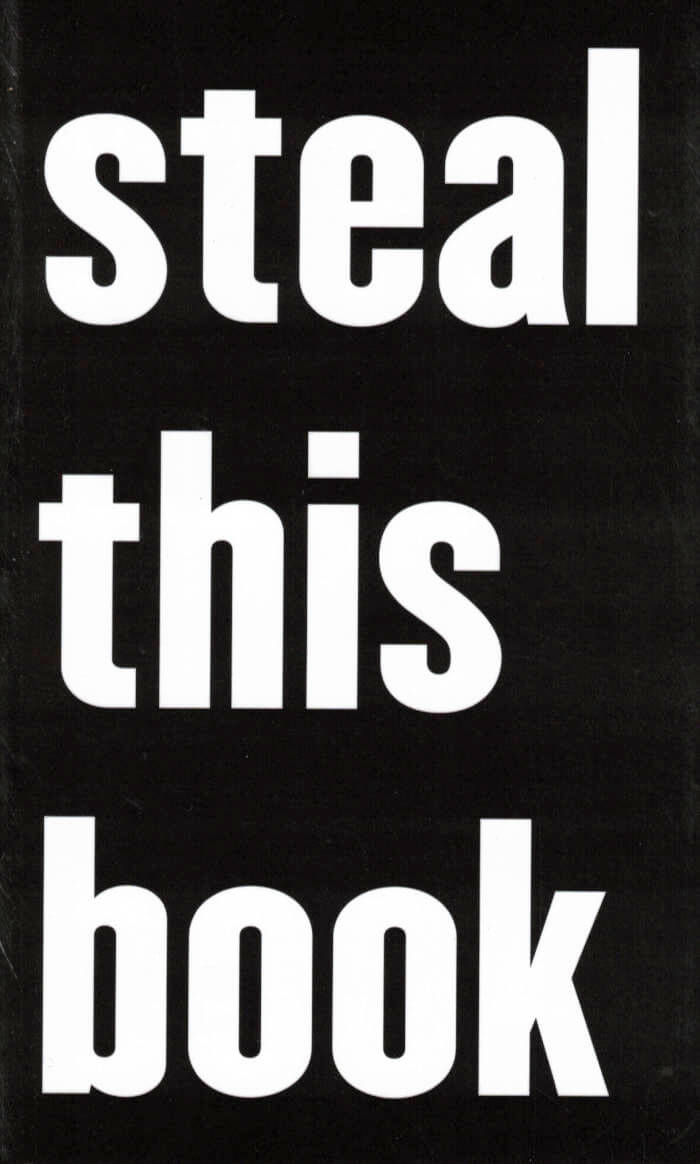
Narrative Machines – Professional magazine of medical fictions
An artist's book disguised as a medical publication written by six fictional women characters from Morocco in free wheeling, Narrative Machines clothes truth with falsehood. With wry irony and Google English it comments on paranoia, fake news, patriarchy, power and media ganging together in the Maghreb (and everywhere else). But it also shows a chosen community of women who confide, support each other and laugh a good load.
Are there weird questions that have been haunting you all your life? Do you wonder why you pass out each mother in law comes to your place? Do you smell fish when you cook meat? Do you know of miraculous medical machines that have been forgotten by official history? What's your take on alternative medicine? Have you ever heard about the Markar, the cardiological device invented by King Hassan II of Morocco? Do you love watching Noujoum Al 3ouloum (Stars of Sciences)? Is your herbalist your best friend? Do you ever wonder if you should wax your arms? In your daily life, do you struggle sometimes with your feminist ethic? Do you put snail cream on your face? Write to us! Join our community! Be part of the Narrative Machines family!
Ghita Skali (born 1992 in Casablanca) is an artist based in Amsterdam. She studied in France, first at Villa Arson, Nice then at the post-graduate program of the Fine Arts School in Lyon. She was a De Ateliers (Amsterdam) resident between 2018 and 2020. She notably exhibited recently at Kunsthal extra City (Antwerp), Palais de Tokyo (Paris) and at the Stedelijk Museum (Amsterdam).
Texts by Kaoutar Chaqchaq, Ayla Mrabet, Ghita Skali
Graphic design: Roxane Maillet







